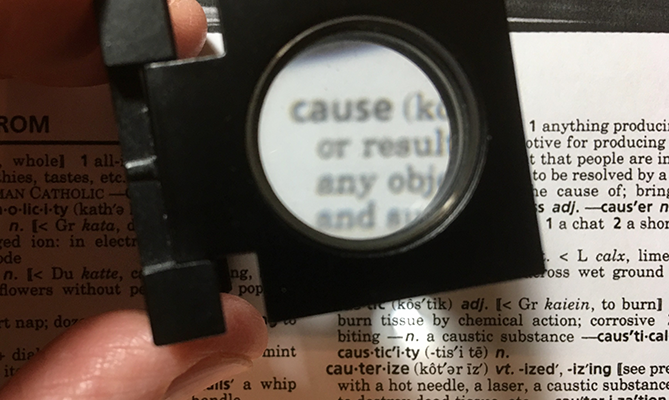
What in hell is wrong with people?
There’s the obvious litany of human flaws and foibles, for sure: greed, selfishness, immorality, hate, racism, sexism, ageism, Xenophobia, et cetera, et cetera.
The effects of which produce all sorts of social, national and global problems: environmental harm, armed conflict, poverty, famine, among most all others.
THE HEART OF THE PROBLEM
Individually and collectively, we attempt to improve upon each these human defects and global atrocities — with little or no real progress to show. It begs the question: Is there a common denominator we’re missing; a root cause to target? Greed and power are manifest in all that’s bad, no doubt, but is their impact causal or just contributory?
All things considered, there is one existential concern that is fundamental, systemic and much closer to home. It is Empathy, and the lack of it.
What exactly is empathy, you might ask discreetly? On balance, the quality rests comfortably between simple pity or sympathy and the more transcendent experience of compassion or altruism. According to Psychology Today, empathy is the experience of understanding another person’s thoughts, feelings, and condition from his or her point of view, rather than from one’s own. Empathy facilitates prosocial or helping behaviors that come from within, rather than being forced, so that people behave in a more compassionate manner.
A LYRICAL RESOLVE
“Before you abuse, criticize and accuse, walk a mile in my shoes,” Joe South sang in his anthemic hit from 1969. His sentiment remains as profound today as it was relevant and prophetic when first released nearly a half-century ago.
Back in the day the lyrics intended to address racial intolerance and the need for understanding, perspective and compassion.
“If I could be you and you could be me for just one hour /
If we could find a way to get inside each other’s mind /
If you could see you through my eyes instead of your ego /
I believe you’d be surprised to see that you’d been blind”
Lack of empathy results in an inability or unwillingness to consider or respect one’s personal history and other largely uncontrollable circumstances. Family dynamics, forces of nature, good or bad luck or fortune and geographic boundaries are differences we should try to understand rather than ignore or worse, blame.
Although the multitudes of sufferers far outnumber the perpetrators of such unrepentant bad behavior, its deterrence seems impossible to control, let alone extinguish. Interminably, greedy people lack empathy for the disadvantaged. Sociopaths (including schoolyard bullies) lack empathy for their victims. Power-hungry people lack empathy for those they wound. Selfish people lack empathy for those less fortunate. Immoral people lack empathy for those they hurt. Racist, sexist and ageist people lack empathy for anyone unlike themselves.
OH YEAH, “THE GOLDEN RULE”
“Do unto others as you would have them do unto you.” The Golden Rule is a wonderful ideal. But, I suspect many of us, including the devoutly religious and pretenders alike, cannot recite the decree if asked to do so. Try it, you will be dismayed.
If you believe the Psychology Today research, there is hope: “Although there may be individual differences in empathy based on genetic differences, research suggests it is possible to boost the capacity for empathic understanding.”
MOVING FORWARD
Practically, regardless of station, there are four modest steps each of us can take to grow our empathy quotient. They are to Walk, Watch, Listen … and then Share what we’ve learned
Walk: Consider it empathetic exercise. Walk beyond your neighborhood, to “the other side of the tracks.” Or better, travel across borders or geographic boundaries to walk amongst different nationalities and cultures. Along the way, imagine walking the occasional “mile in another’s shoes.”
Watch: Be attentive to what you witness — the good and bad — both in person and on TV. Reflect on your preconceived notions and perceptions. Notice in particular people’s facial expressions — everyone’s eyes and mouths tell stories of cheer and challenges not so unlike yours, only from a different point of view.
Listen: Though it’s increasingly difficult these days, try to keep an open mind. Engage in discourse not diatribes. Listen to others, especially those with whom you disagree … and try to process why.
And, then and always Share: Empathy is healthy and contagious — and maybe someday epidemic.







My students read a collection of stories on empathy. We discuss them and write an essay on the most powerful. We also read To Kill a Mockingbird with Atticus telling his daughter to “climb inside her skin and walk around a little” when dealing with a difficult teacher. Great blog.
This should be required reading: to vote, enter school, get a job, get married, have a child. We dont all arrive with an empathetic sensibility, but time and awareness of pain can build that muscle. From the heart, this one!